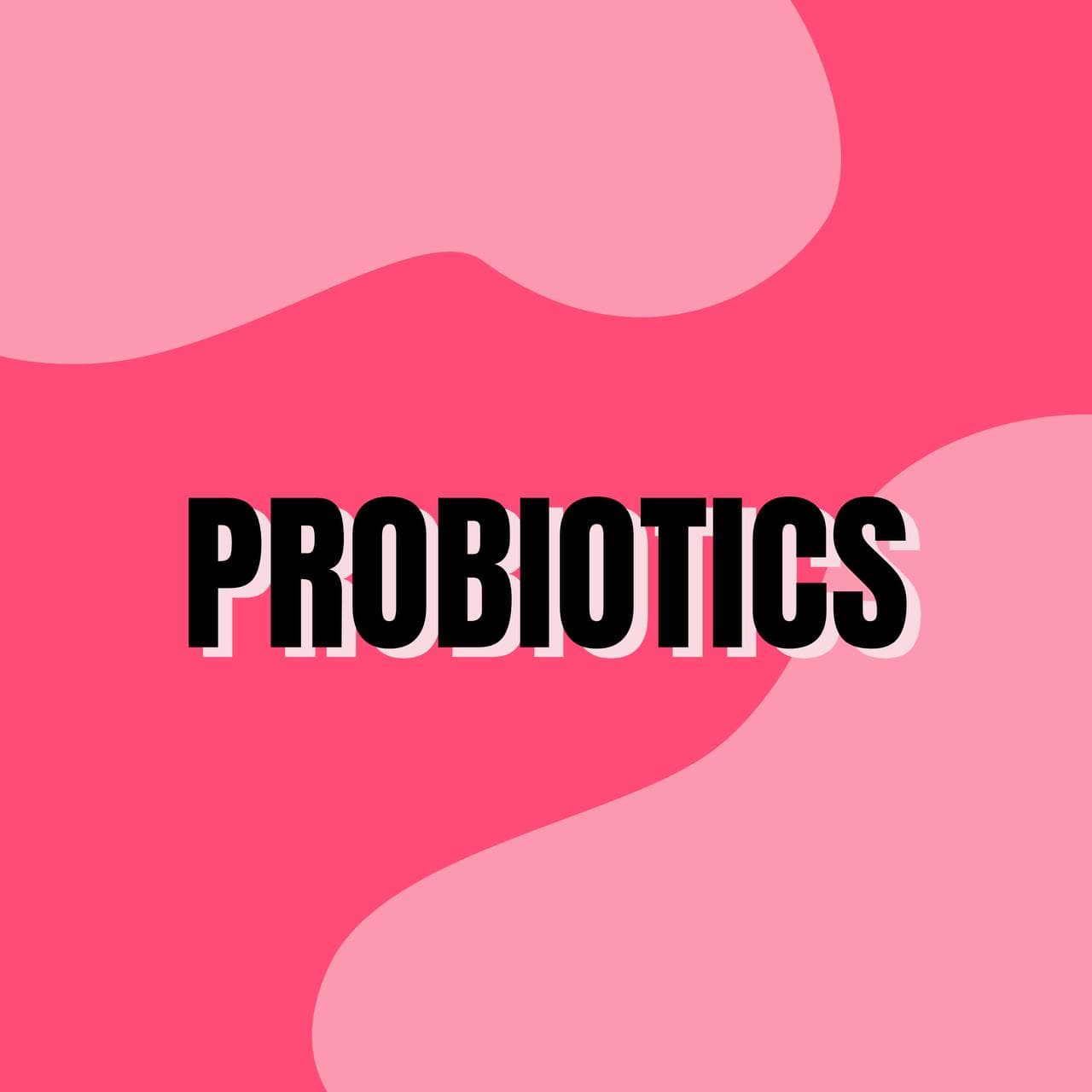Safety and Efficacy of Commercial Probiotics in Aquaculture
Aquaculture is rapidly growing as a vital solution to food insecurity and malnutrition, expanding across nearly every corner of the globe. However, this growth has led to a troubling increase in disease outbreaks on aquaculture farms, prompting a surge in antibiotic use within the industry. This reliance on antibiotics has contributed to the rise of antimicrobial resistance (AMR) in bacteria found in aquaculture environments. Alarmingly, this development not only affects aquatic life but also poses potential risks to human health, as AMR can be transferred to human pathogens.
To address these challenges, the aquaculture sector is increasingly adopting good practices that emphasize the prudent use of antibiotics and explore alternative solutions. Among these alternatives, probiotics have gained significant attention.
What are probiotics and how do they work?
Probiotics are live, non-pathogenic microorganisms that, when administered in sufficient quantities, can deliver health benefits to their hosts. Available as commercial products, these beneficial microbes are known to positively influence the microbial balance in aquatic organisms through several mechanisms:
While probiotics have demonstrated a variety of beneficial effects on both farmed fish and shellfish, caution is essential when selecting a commercial probiotic product.
While probiotics have demonstrated a variety of beneficial effects on both farmed fish and shellfish, caution is essential when selecting a commercial probiotic product.
When it comes to selecting probiotic products for aquaculture, exercising caution is essential. It is important to carefully evaluate options rather than simply choosing products at random.
To ensure the safety and quality of commercial probiotics for animals, countries have established regulatory bodies. However, in some regions, probiotics designed for aquaculture remain unregulated. This lack of oversight raises significant concerns about the accuracy of product labels, making it challenging for consumers to differentiate between safe, well-formulated products and those that could pose health risks.
There are increasing reports of certain probiotics intended for aquaculture harboring AMR genes and producing toxins. Furthermore, some products have been found to contain pathogens that threaten the health of both aquatic animals and potentially humans. Given these risks, the validation of commercial probiotic products is of paramount importance.
Our commitment to quality
At Blue Aqua, we are dedicated to providing a range of high-quality probiotics specifically formulated for fish and shrimp. Our products come with clear labeling and are developed under the supervision of industry experts. This ensures that our probiotics not only meet safety standards but also deliver the intended health benefits for aquatic organisms. By prioritizing transparency and scientific oversight, we aim to support aquaculture practices that are both effective and responsible.



